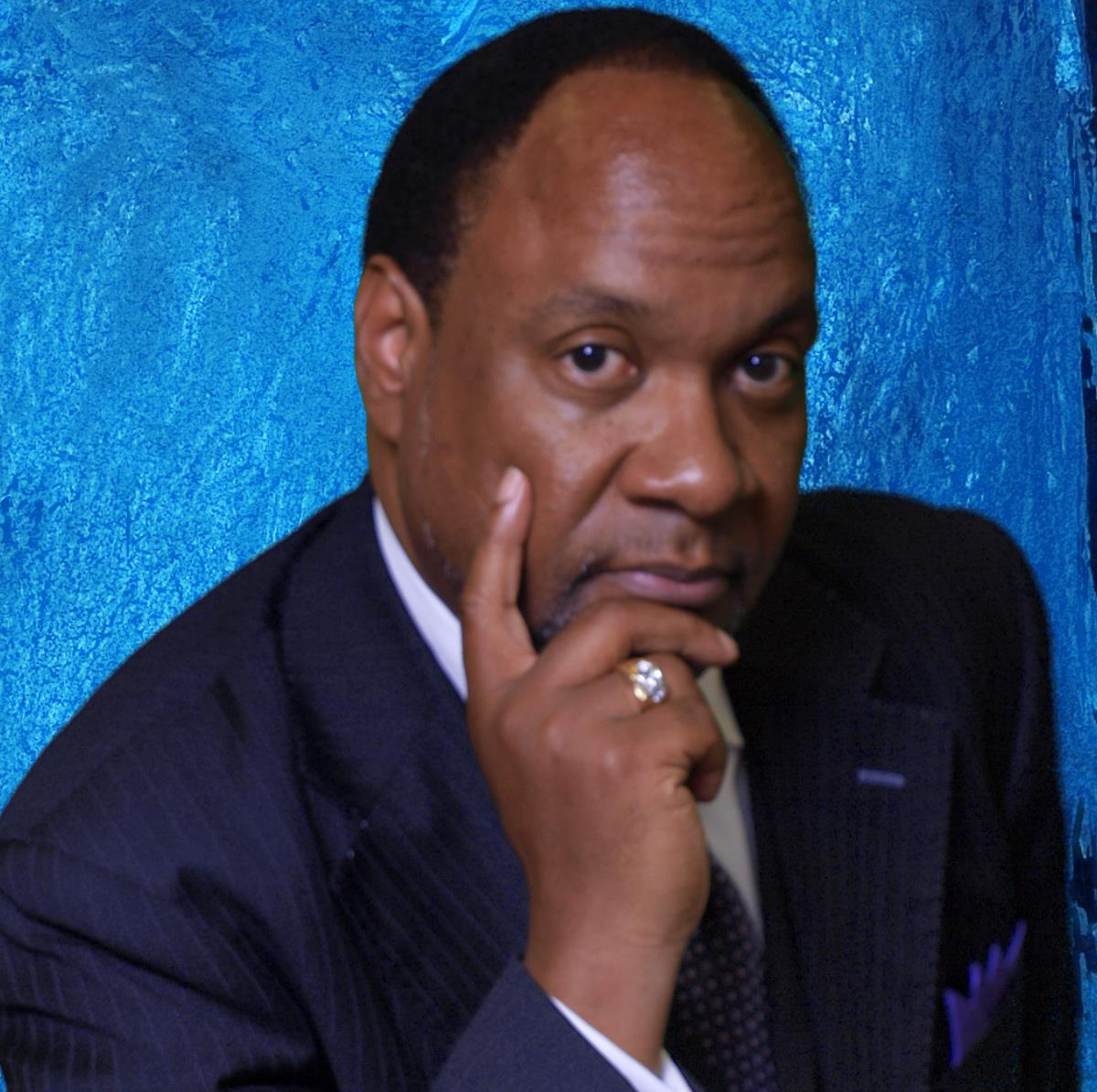The Psychology of Rioting
Rev. Darryl R. Williams
St. Mark AME Church, Milwaukee, WI
I was on vacation when I received the news of the rioting in my city – Milwaukee, WI. My wife awoke me showed me the live footage of buildings burning, looting, police car windows being smashed, and the sounds of gunfire. I knew my vacation was over and began asking myself, “What should be my response—better yet, what should be our response?”
In a 2011 edition of the Psychology Today, Dr. Ken Eisold rightly opines that we are too quick to reduce rioting to criminality. I know he is correct because that was my immediate reaction when I saw a gas station, a store and a bank all go up in flames. It’s always easier to label than to try to understand. Why resort to that kind of behavior? Worse yet, why towards your own community?
About 7 years ago, one of my parishioners committed suicide. Willie was very good at masking his pain and hopelessness. He was a faithful member and enthusiastically expressed his love for God. But after he committed suicide, his closest friend shared with me, that Willie was often despondent and hopeless. He was a ticking time bomb. On that fateful day 7 years ago he exploded—on himself.
Because rioters are often segregated in their own communities and reminded daily of the conditions that give rise to their sense of hopelessness, they too explode on themselves. We see criminal behavior, but they are saying, “HELP!” As all the signs that lead to suicide are a cry for help, so is rioting.
We may never know exactly what happened between 23 year old Syville Smith and the officer who shot him. Some accounts show the officer shooting him without provocation. The Mayor, Police Chief and others said that Smith turned around to face the cop and it was clear that he was armed. Even when the facts are conclusive as to what really happened, to focus on “what” happened is a distraction.
Others have argued that this particular riot was absurd because the shooter was an African-American Cop. Still there were others who said, there shouldn’t have been rioting because this is not a clear case of injustice. It may be proven that Smith was armed. I say to those two arguments that with riots, the cause doesn’t always have to be directly related to the effect, and those who are disenfranchised will react, given the opportunity to even “perceived” injustices. But this is also focusing on “what” happened – another distraction.
There are some who focused on the thieves and the looters. To be sure there are always those who use the cover of a legitimate protest to do unsavory things. They need to be rebuked, looked for, and if caught, prosecuted. But that also is to focus on “what” happened, and therefore a distraction.
It’s easy to focus on criminality because when we do it, it frees us of doing the hard work of discovering what drives that kind of behavior and then doing something about it. To focus on the “why” is the beginning of the solution.
The lack of employment, under resourced schools, policies that inhibit transportation where jobs have moved, the disproportionate incarceration of African Americans, and yes, our mistreatment by police are all problems that need solutions – NOW! I pray that there are enough clergy, elected officials, counselors, teachers and good citizens in every community to come together to implement these solutions. I’m calling on you to do so. If not, we’ll have more time bombs ready to explode around the country.
Rev. Darryl Williams is the pastor of St. Mark AME Church in Milwaukee, WI.





